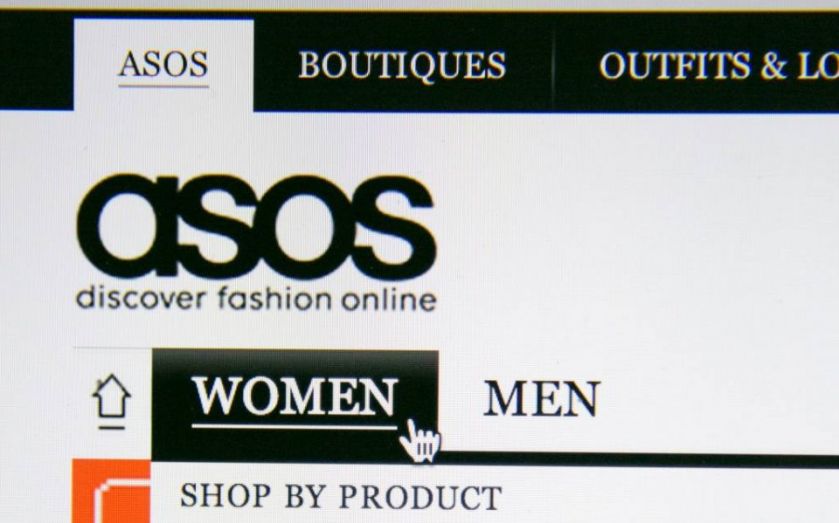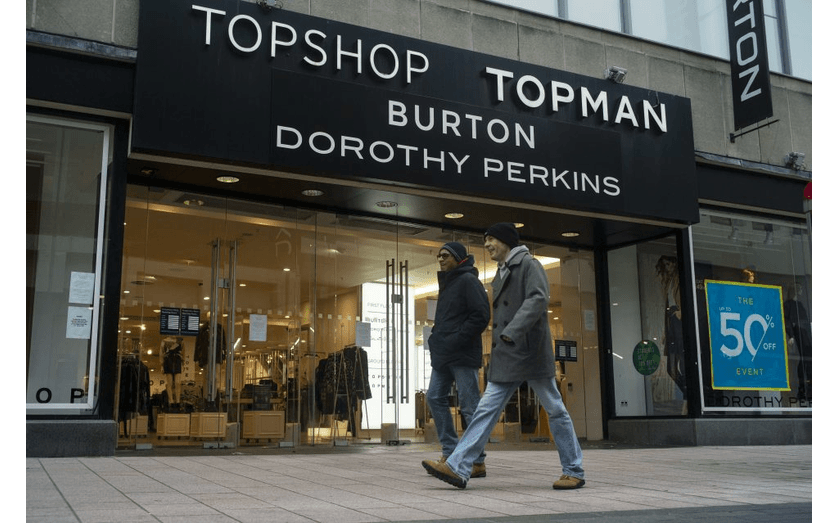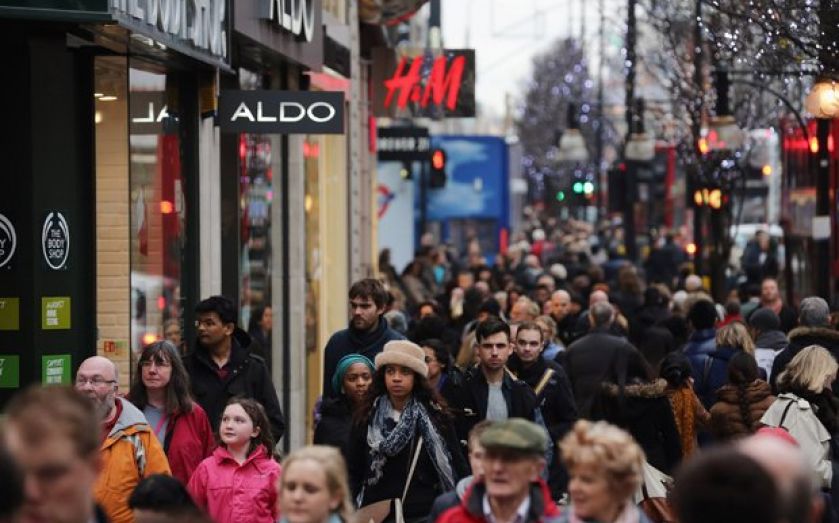Fashion victims: What next for the high street after Topshop and Debenhams go online-only?

Topshop and Debenhams are set to disappear from the high street after e-commerce giants Boohoo and Asos swooped on the beleaguered retailers, reflecting the dramatic impact the pandemic has had on the UK retail sector.
The decision to take former high street stalwarts Debenhams and Topshop digital-only strengthens experts’ predictions that the growth of online shopping will continue to accelerate.
Boohoo has confirmed that it has bought Debenhams’ brand and website for £55m, while Asos is in exclusive talks to buy Topshop – once the jewel in the crown of Sir Philip Greens’ collapsed retail empire Arcadia.
Thousands of high street jobs will be axed following the closure of Debenhams’ remaining 118 stores, and Topshop jobs will also disappear if Asos is successful in its bid.
But it is not plain-sailing for online-only retailers.
Today’s announcements show competition is heating up between Asos and Boohoo as both brands look to expand their options for customers in an increasingly crowded market.
Acceleration of online

Online shopping has soared during the Covid-19 crisis, thanks to the closure of non-essential stores and restrictions on travel, accelerating a trend that was already ticking away.
It has been the nail in the coffin for high street brands that were struggling before the pandemic, and which failed to properly invest in an online retail strategy.
Andy Brian, partner and head of retail at law firm Gordons, said: “For too long the likes of Arcadia and Debenhams have been waiting for their customer to come to them, while other players such as Asos, Boohoo and Missguided have followed the customer where they want to go.”
“Ultimately, the cost of significant investment in updating back end systems and processes to drive efficiency and profitability was always going to be a barrier to keeping stores running,” he said.
“It’s sad news for store workers, and for those shoppers who (in normal times) prefer that option, but the harsh reality is that both businesses simply haven’t been able to attract as many of the latter as they needed.”
Jake Hewlett, managing director of e-commerce services platform Tambo, said “[online] marketplaces are becoming the new department stores”.
“Terrible day for high street”

Boohoo’s move to buy the Debenhams brand will allow the company to live on digitally, but will result in the loss of up to 12,000 jobs.
Asos is not planning to bid for Topshop, Topman or Miss Selfridge stores, meaning the brands could disappear from the high street – taking thousands of jobs with them.
Retail workers union Usdaw said it is a “terrible day” for the high street, saying Debenhams workers have been “treated appallingly”.
Usdaw national officer Dave Gill said: “It is devastating news for our high streets that Debenhams’ administrators have sold the company brand to an online-only retailer.
“Throughout Debenhams’ difficulties the company and then administrators have refused to engage with Usdaw,” he claimed, “the staff are being treated appallingly and we don’t believe the law has been complied with in the past”.
“Race for dominance”
Competition is heating up between the digital retail rivals as Boohoo and Asos each look to “cement their market positions in what remains a highly competitive market”,” Russ Mould, investment director at AJ Bell, said.
The announcements “show that the pace remains as relentless as ever in the world of fast fashion,” he said.
Analysts said Topshop is a natural fit for Asos, as both brands target the 20-something consumer segment, and, if a deal is agreed, Asos will be able to use its global reach to expand the Arcadia brands’ presence worldwide.
Global Data senior apparel analyst Chloe Collins said Asos would be “by far the most complementary new owner” for Topshop, Topman and Miss Selfridge.
“The brands are already popular sellers through its third-party platform, proving that there is strong customer overlap, and Asos’ impressive global reach would help the Arcadia brands target new shoppers,” she said.
Meanwhile Boohoo is entering the home, beauty and sports market for the first time with the Debenhams deal. It could also access a new demographic, as Debenhams’ shoppers tend to be older than Boohoo’s typical customer.
Clear the way for stronger high street brands

The disappearance of Debenhams and Topshop from the UK high street could benefit other retailers in the long-run, if they match their physical stores with a strong online proposition.
A report published this morning by retail experts Springboard forecast that the high street will bounce back in some form when coronavirus restrictions are lifted – with surviving brands set to reap the rewards.
Retailers such as Zara and H&M could fare well after the pandemic as the failure of Debenhams and Topshop will reduce competition, experts said.
“Fashion retailers still left with physical stores will have reduced market competition for walk-in sales as Debenhams and Topshop disappear from the high street, but they would still need to have top-notch web services to secure their future,” AJ Bell’s Mould said.
“Names like H&M and Zara look like they are in a safe place, but there will be many others who won’t be sitting pretty despite more competitors being gobbled up.”